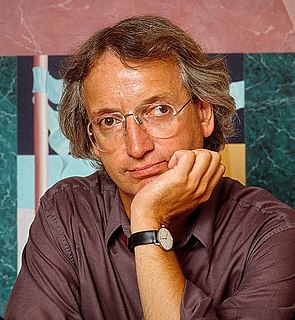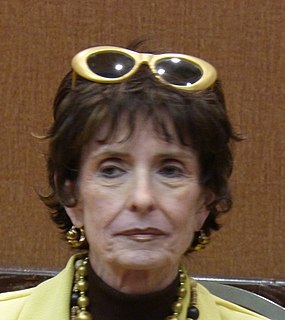A Quote by Charles Duhigg
Since the 17th century, insurance agents have been the foremost experts on risk.
Related Quotes
The premise of insurance is to spread the risk. It's the premise of homeowner's insurance, of car insurance, and of health insurance. It's one reason why it's important to have insurance when you're healthy, so that when you get sick, you won't go sign up just when you get sick, because that increases the cost for everyone.
The technologies for the alternative energy sources exists today. The economics are compelling. The public health is compelling. Why would we maintain a focus on a 17th-century technology, when there are 21st-century alternatives that are both necessary and available? And the answer is the subversion of democracy.
With the socialization of the health care system through institutions such as Medicaid and Medicare and the regulation of the insurance industry (by restricting an insurer’s right of refusal: to exclude any individual risk as uninsurable, and discriminate freely, according to actuarial methods, between different group risks) a monstrous machinery of wealth and income redistribution at the expense of responsible individuals and low-risk groups in favor of irresponsible actors and high-risk groups has been put in motion.

































